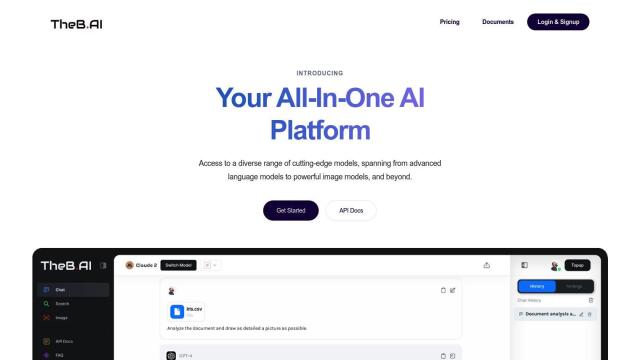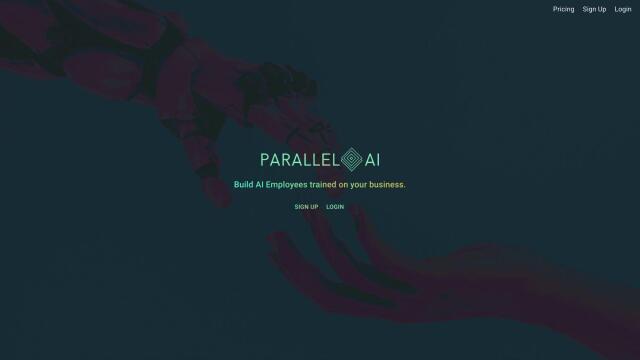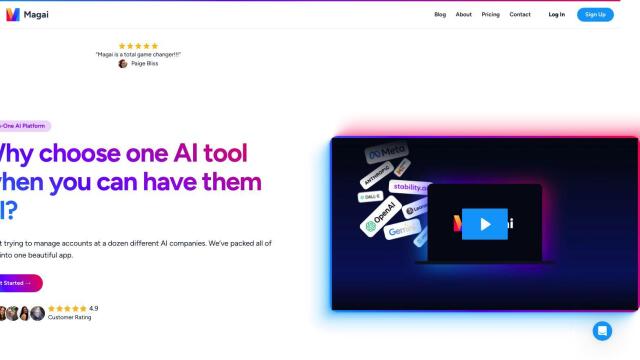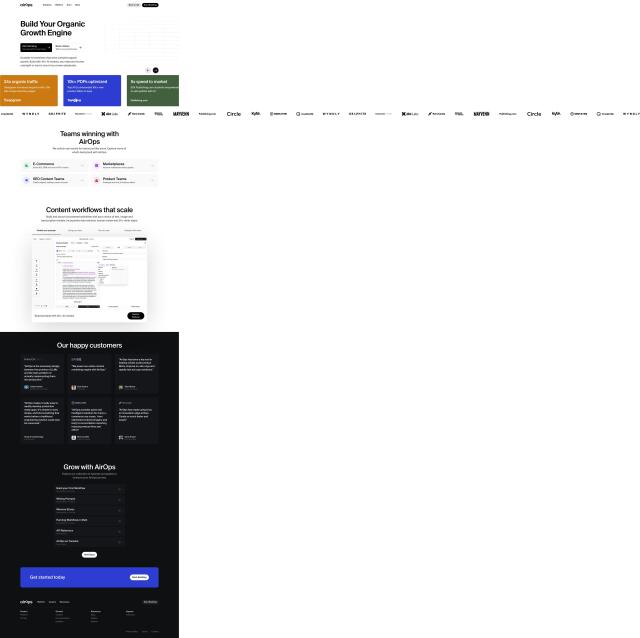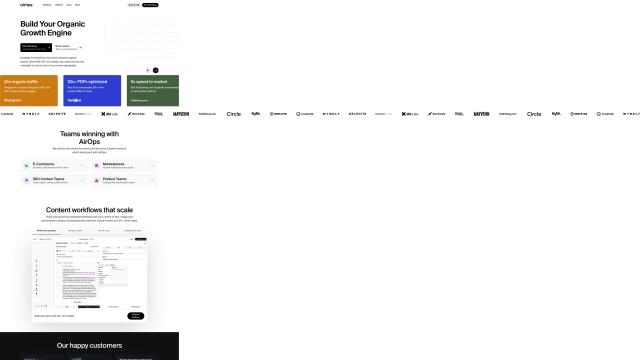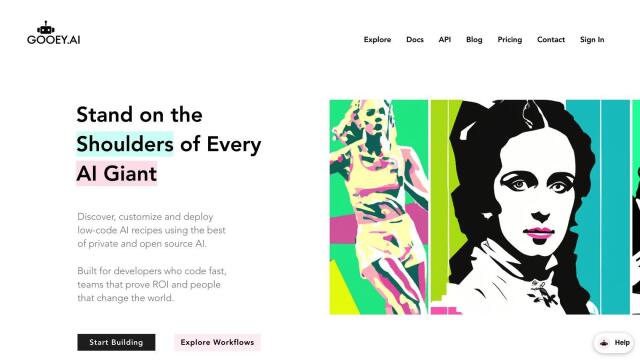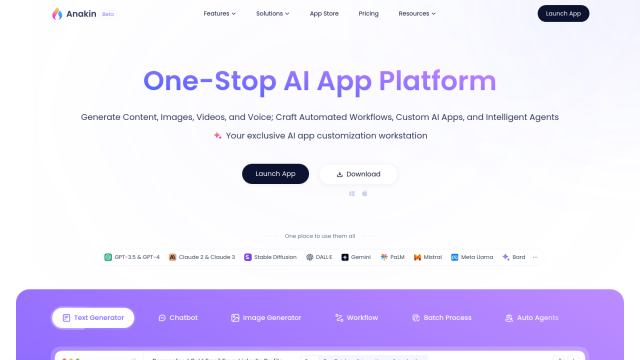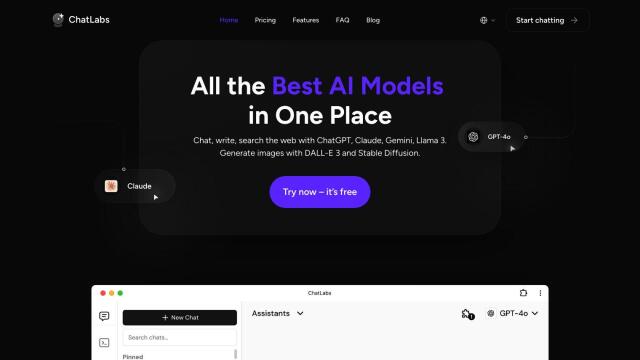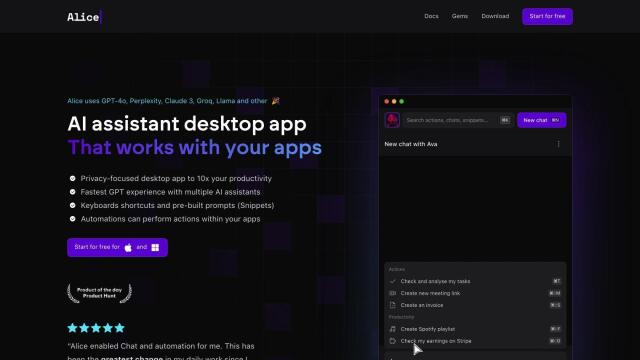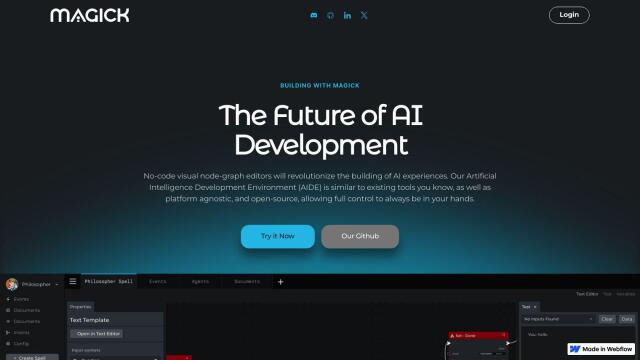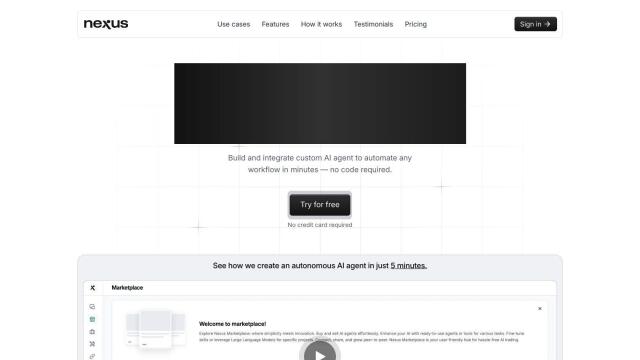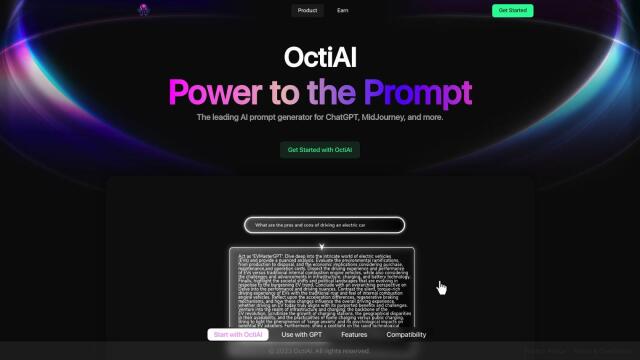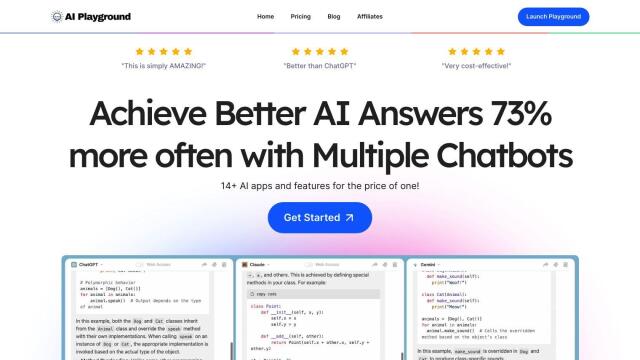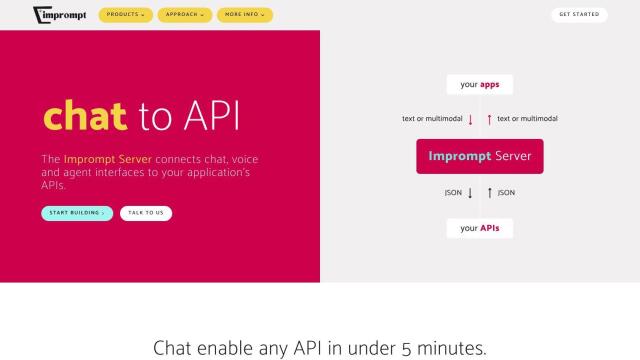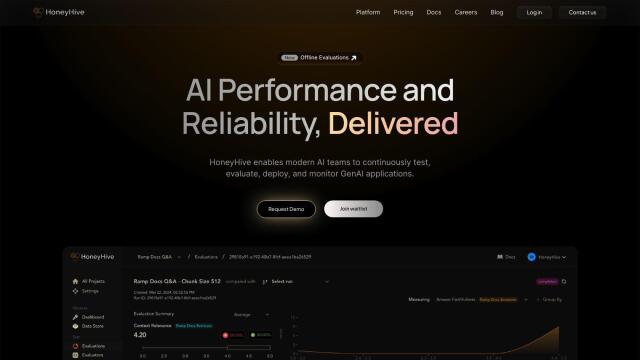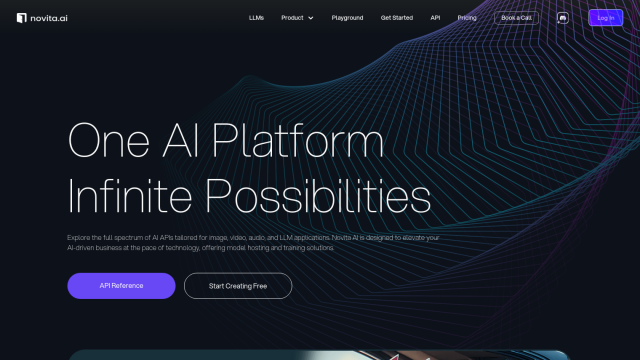Question: I'm looking for a platform that supports multiple AI endpoints and custom presets, do you know of any?

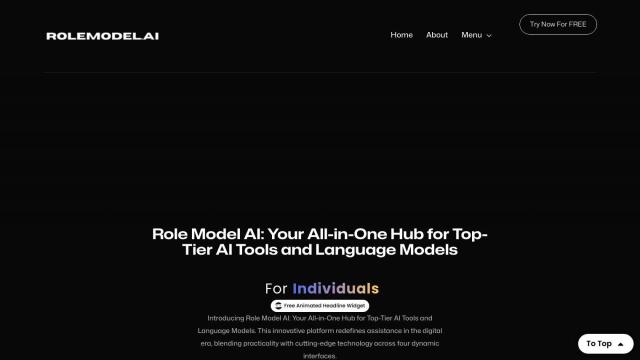
Role Model AI
If you want a platform that can handle multiple AI endpoints and custom presets, Role Model AI is a great option. This one-stop-shop offers a personalized experience through four interactive interfaces: voice, digital, 3D avatars, and gaming integration. It supports a range of models and integrations, including GPT 3.5, GPT 4, Grok AI, Claude, Google Gemini, Zapier, and many more. With more than 50 different generative tools and custom integration options, it's great for music generation, image generation, video generation, and even 3D environments for game development and virtual tours.

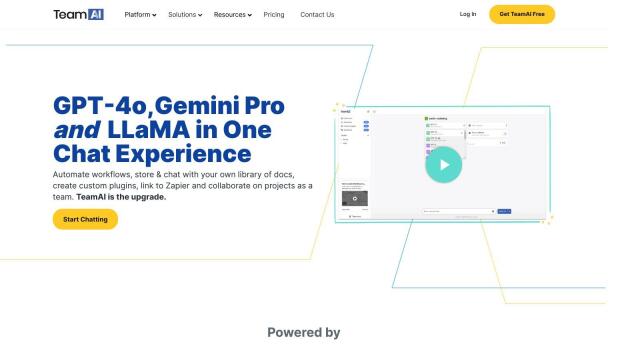
TeamAI
Another top contender is TeamAI, a team collaboration workspace that lets you easily interact with multiple large language models (LLMs) like Gemini, GPT-4, and LLaMA. TeamAI provides centralized AI workspaces, shared prompt libraries, and custom plugins to build your own AI assistants. It's geared for a variety of team roles, including HR, Ops, Design, and Marketing, and lets you no-code automate AI workflows, making it a great way to boost team productivity and creativity.


Keywords AI
For developers, Keywords AI offers a single DevOps platform for building, deploying and monitoring LLM-based AI applications. It streamlines development with a single API endpoint for multiple models, keyboard shortcuts for fast development, and a playground for testing and iterating on models. This is particularly useful for AI startups that can focus on product development instead of infrastructure.

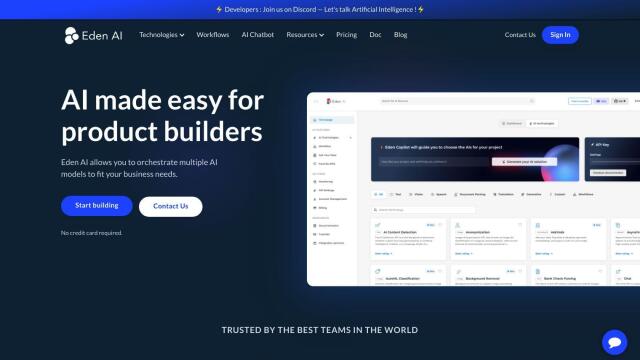
Eden AI
And Eden AI offers a powerful orchestration platform that lets customers integrate multiple AI models into their business processes. It offers a single API that aggregates a range of AI services, including generative AI, translation, text analysis and more. Eden AI lets companies switch providers without being tied to one, so it can be a cost-effective and high-performance way to automate operations.

